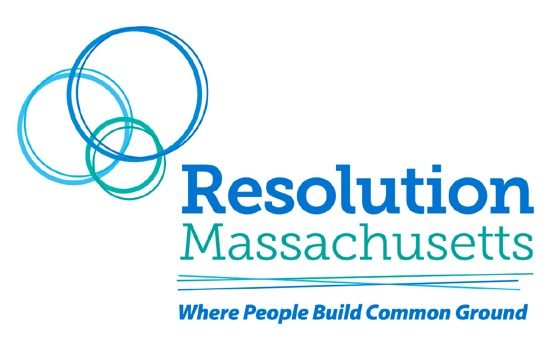FAQs - see short explainer video here
What is conflict / dispute resolution?
WHY SHOULD I USE IT?
WHO ARE OUR CENTERS?
Why choose us?
This is an umbrella term used to cover a great many ways you can be helped by a neutral third party to resolve a conflict. It used to be called alternative dispute resolution or ADR because it was seen as an alternative to more traditional formal legal approaches. It is now seen as mainstream but also provides an earlier way to resolve conflict or prevent it occurring altogether as well as providing a way to seek a remedy once it is more serious.
Unlike traditional legal approaches conflict resolution processes are generally confidential, voluntary and give you, the person who knows the conflict best, control over the outcome. It can also be quicker and less formal and costs less than other means. Research has shown that agreements reached through conflict resolution are more likely to be kept and, since it can involve workable solutions, it can also benefit building and maintaining relationships.
The Centers are local community non-profits served by staff and volunteers just like you, who have undergone extensive training to provide help with conflict when and where people need it. Part of the requirement of the state grant program is that Centers work towards ensuring their staff, volunteers and boards are connected to their local communities they serve and are reflective of them. Centers are focused on increasing access to justice and their opening hours, services delivered by phone or computer and their wide range of mediation locations help support this. For details of how to find out more about how your local Center operates click here
Even though there is no such thing as mediator certification in Massachusetts, all of our Centers are approved by the Trial Court under the Uniform Rules on Dispute Resolution that provides standards around training, practice and continuing education. In addition, all Resolution Massachusetts Centers are members of a statutory grant program administered by the state dispute resolution agency (MOPC) at UMass Boston which rigorously evaluates the Centers annually. Funding is awarded based on performance and compliance with 12 defining standards of practice, closely linked to national community mediation standards. The standards cover the range of services offered, the access provided, the quality control measures employed and the commitment to reflect the communities served. Together with support from MOPC the Centers work as a community of practice toward the concept of mediator excellence.
who do we help?
Community Mediation Centers help people like you - in your family, at work or in your community and also organizations like businesses, schools, law enforcement agencies, local and state government, correctional facilities, police departments and housing agencies. You can also seek help as an individual seeking guidance and support about how best to approach a conflict in your life.
How much does it cost?
Do I have to have a serious conflict?
I have a problem, where do I start?
The best part is that as a community organization, sponsored by the State and other funders, our Centers are able to offer services at no cost or on a sliding fee scale depending on income. All services provided in courts on the day of trial are offered at no cost. For information about your local Centers’ fee policies check with Your Center.
Not at all! All Centers provide a range of services that are aimed at prevention, helping you avoid existing conflict getting worse, as well as handling more serious issues. Conflict coaching services can also help people like you who want to be better prepared to handle situations in their own life or where another party is unwilling to mediate. We want to ensure you think of us as the first place to contact when you need help with conflict at any level.
Check the interactive map here to find a Center near you and contact them to find out more about the Center and how they can help. Their staff will be able to guide you to the best approach to your situation and, if they are unable to provide the conflict services you need, they will help refer you to another Center who does. If you want to know more about the range of services offered click here.


